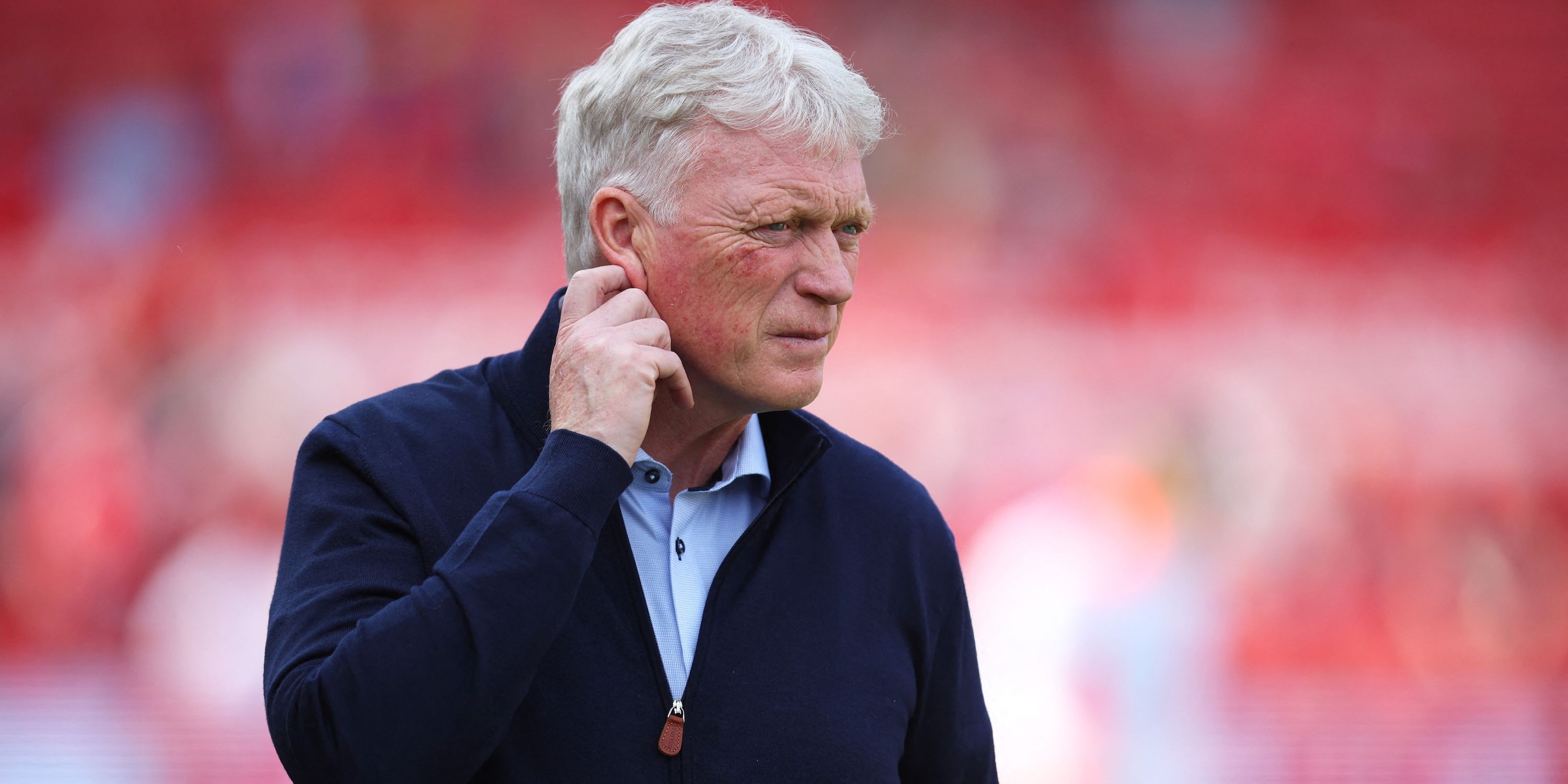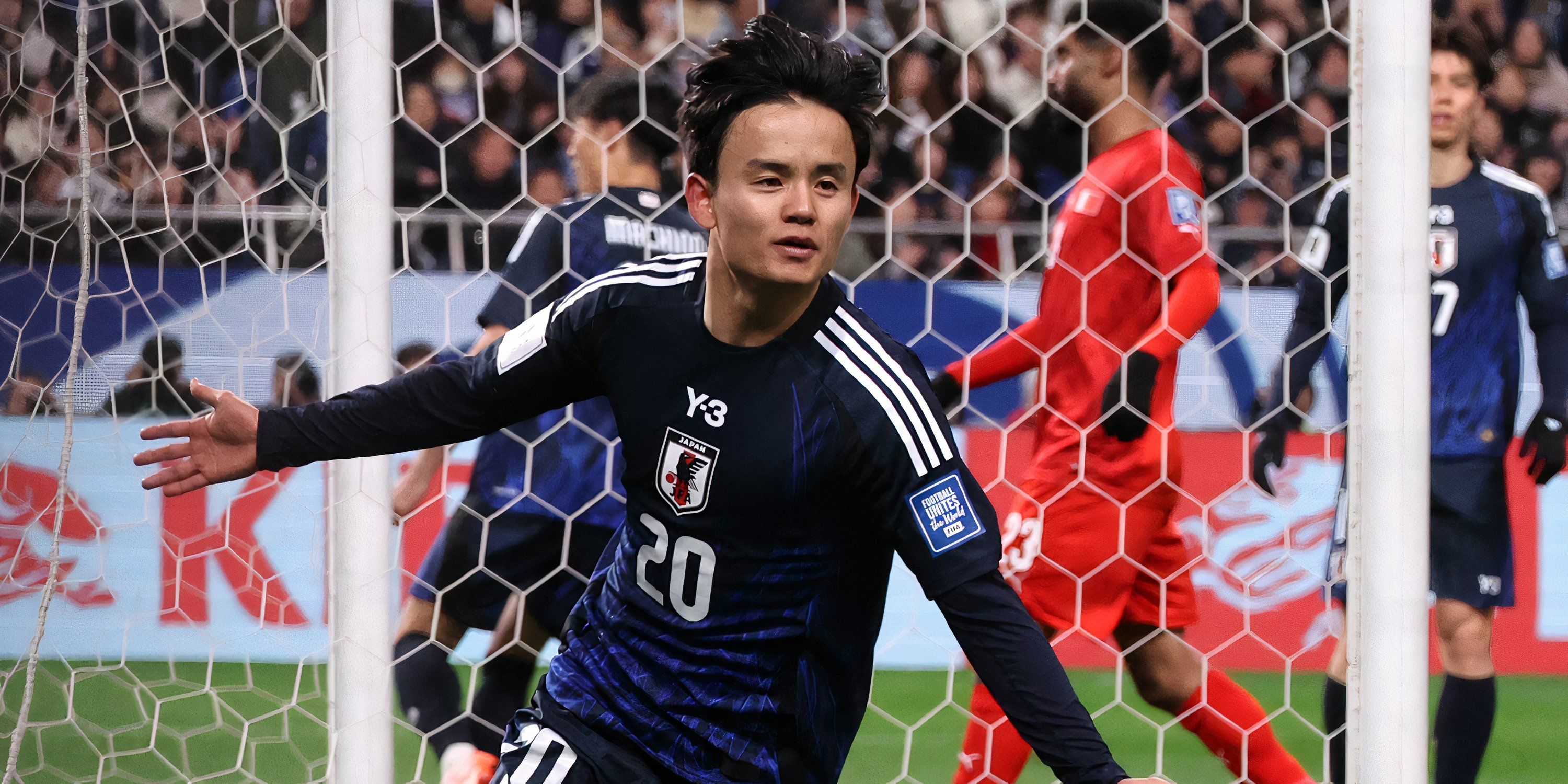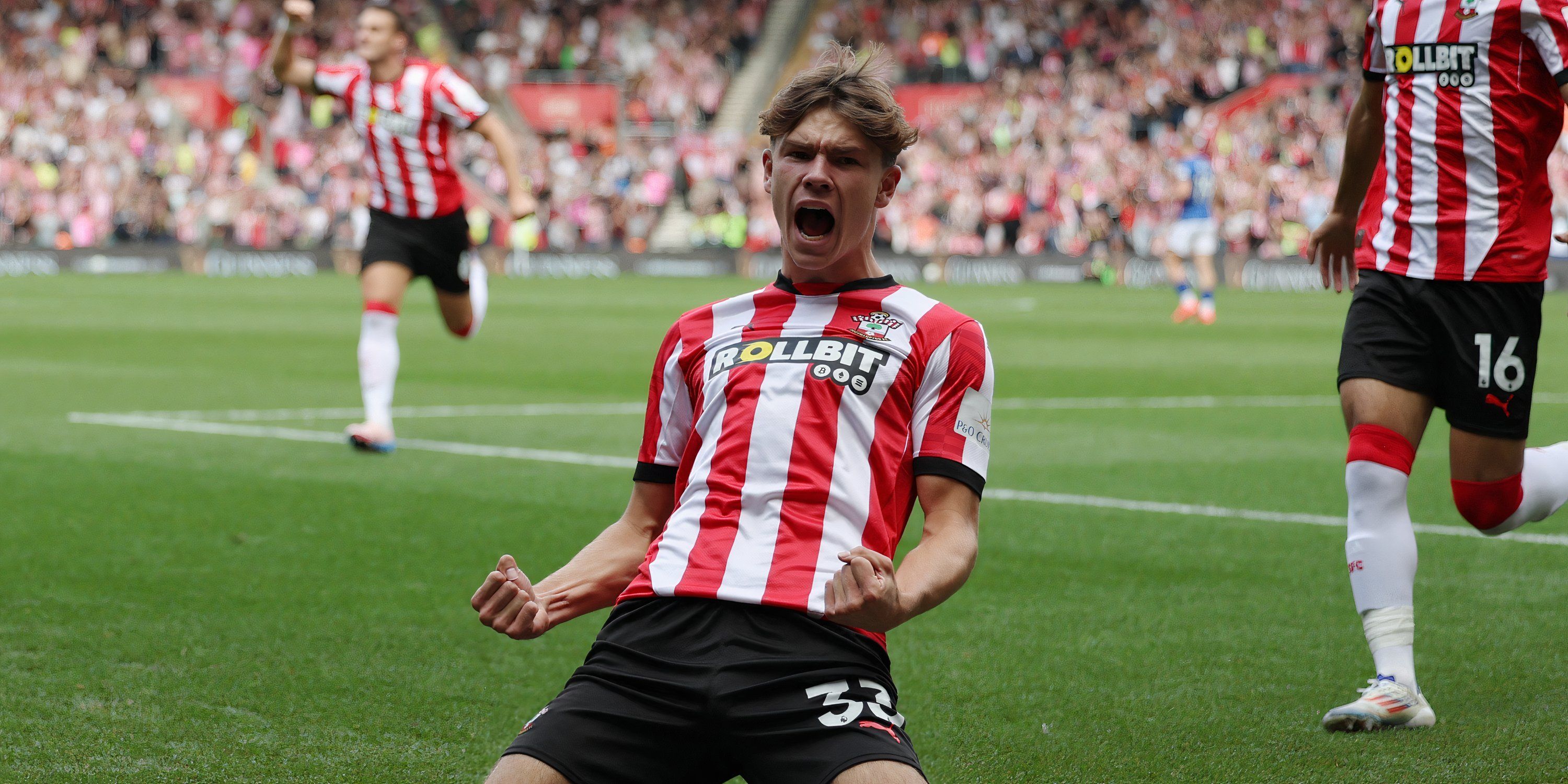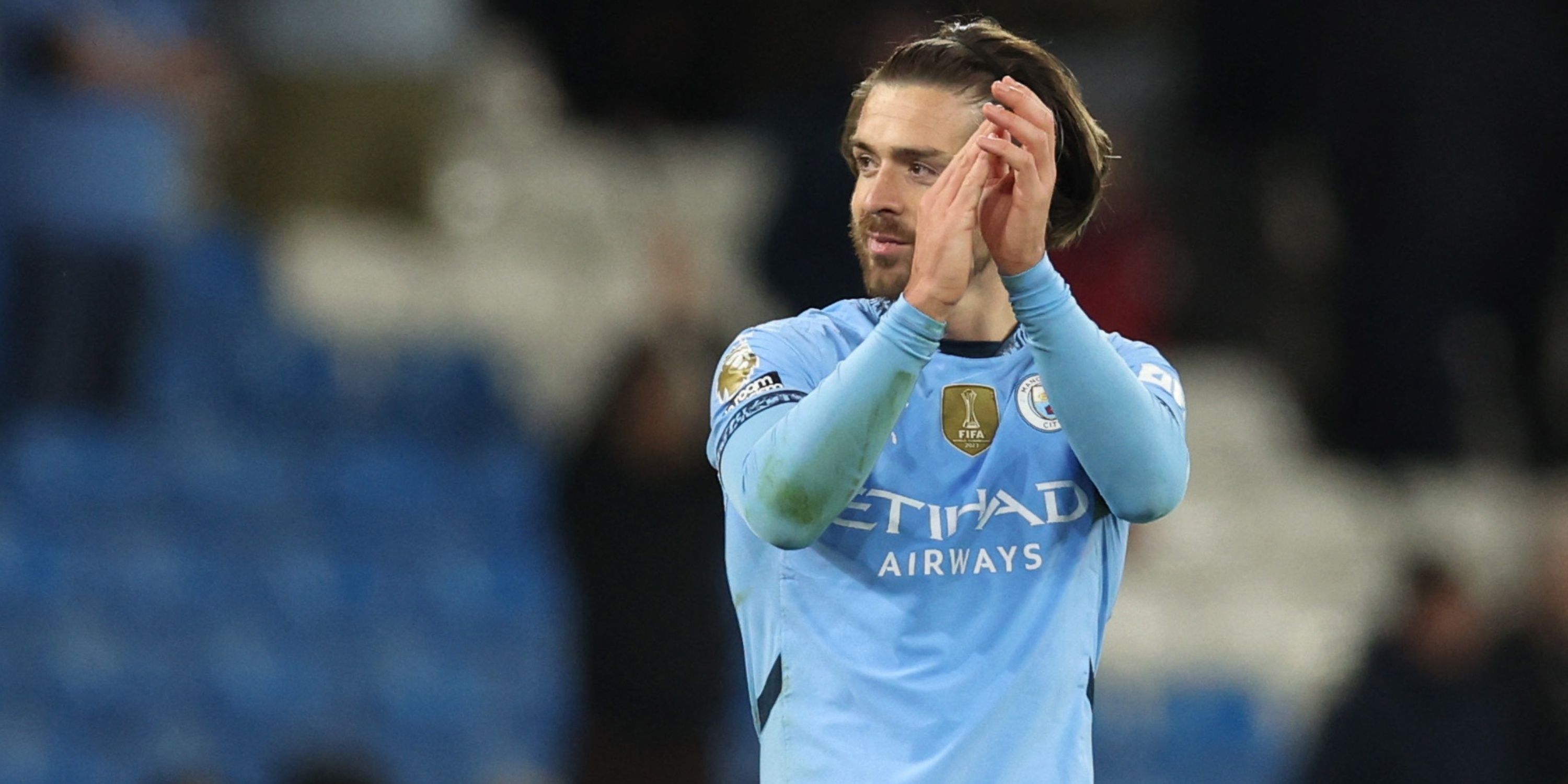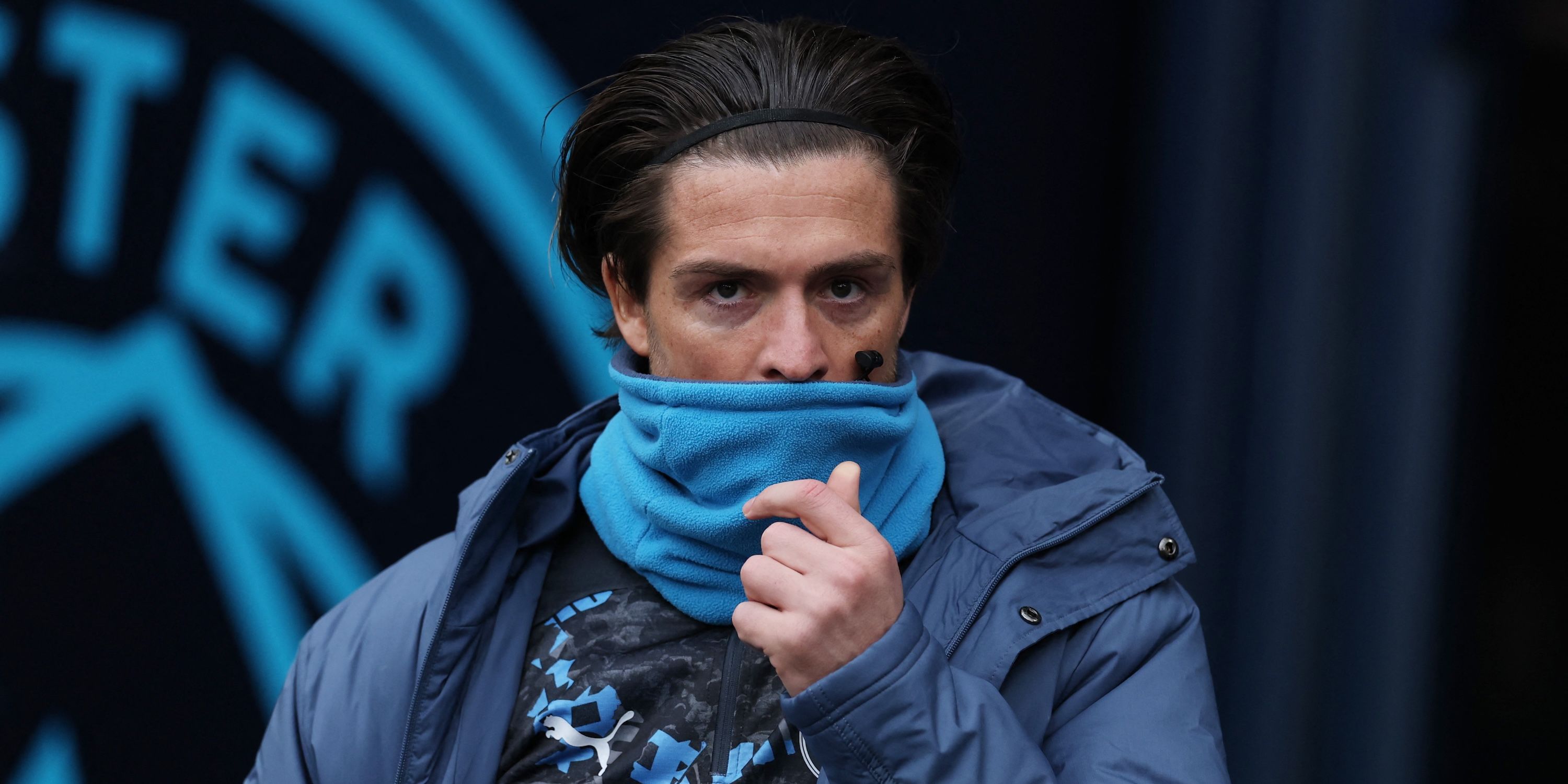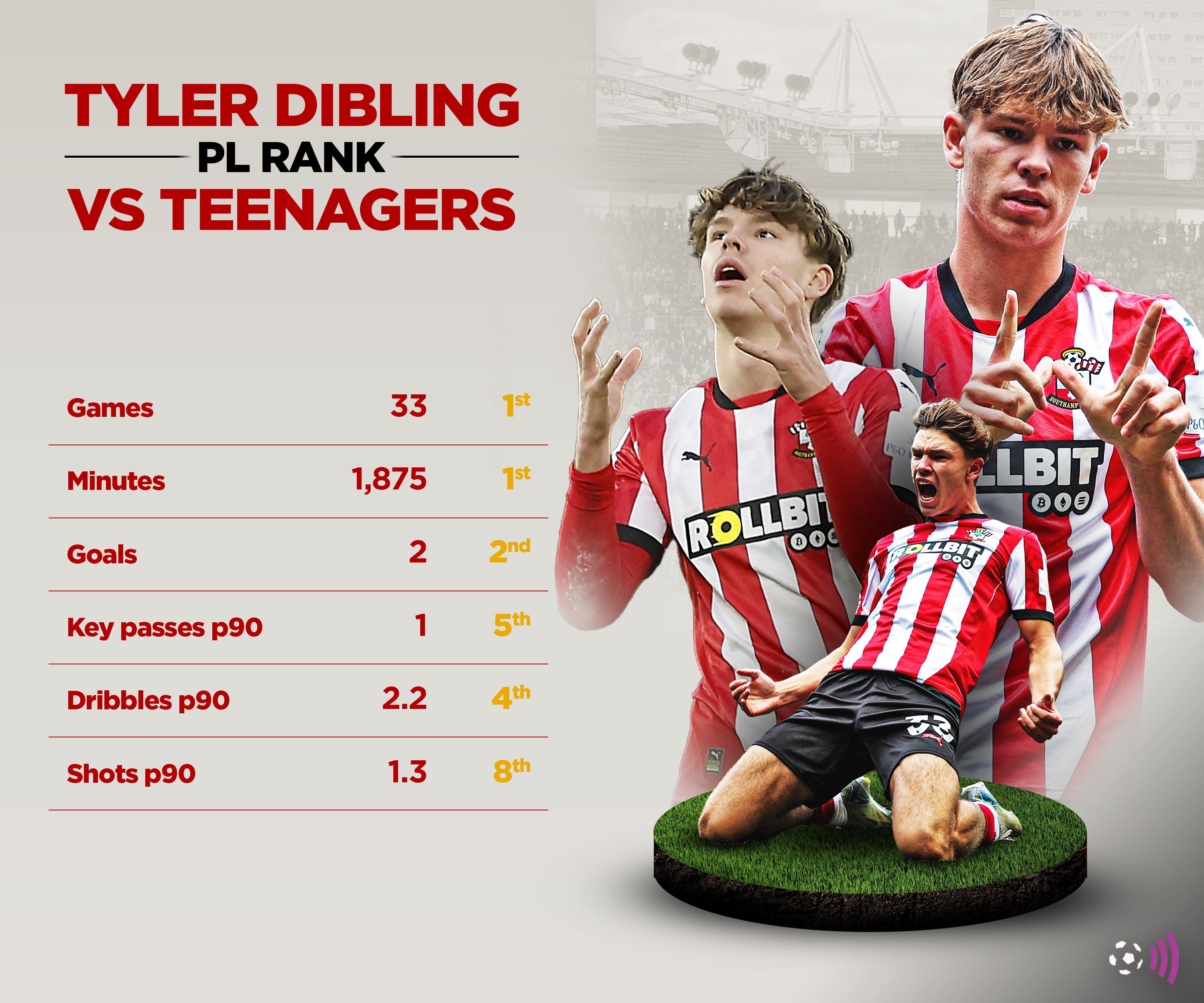Everton’s ongoing search for a reliable winger has become one of the defining narratives of their pre-season.
Following the departures of Jack Harrison and Jesper Lindstrom, both of whom returned to their parent clubs after loan spells last term, manager David Moyes faces mounting pressure to reinforce his squad’s attacking width.
The club has cast a wide net in pursuit of fresh talent, but so far, the results have been disappointing.
One key target, Lyon’s Malick Fofana, one of Ligue 1’s most exciting young prospects, looks to have turned down a £31.5m move, reportedly preferring a move to a club competing in the Champions League.
That has left Everton to identify alternatives capable of filling the void quickly.
Real Sociedad’s Takefusa Kubo has also been linked with a move to Goodison Park, but the Spanish side’s insistence on his £51.9m relegation release clause makes negotiations difficult.
Meanwhile, Como’s Assane Diao, who has impressed since arriving from Real Betis, is another name in the mix, but competition for his signature is fierce.
One of the most intriguing potential signings is Southampton’s 19-year-old Tyler Dibling, with the Toffees said to have made a £27m bid for his services. That offer was swiftly rejected, with it yet to be seen if a renewed approach will arrive.
Dibling is a player with a promising future and has attracted interest from some of Europe’s biggest clubs.
Dibling’s natural aggressiveness and ability to influence matches through direct running rather than intricate passing are traits increasingly valuable in modern football.
However, despite these qualities, Dibling remains largely unproven at the highest level.
Everton’s immediate needs may demand more than promise and potential.
Everton looking at Dibling alternative
Enter Jack Grealish. The 29-year-old England international has become a focal point of speculation in the Everton transfer saga.
Left out of Manchester City’s Club World Cup squad last December and struggling to find consistent game time, Grealish is reportedly available for transfer.
As per TEAMtalk, while his hefty £300k per week salary complicates the possibility of a permanent deal, Everton are willing to make a substantial loan bid in order to bring him in. There is said to be optimism on Merseyside that a deal can be struck.
Grealish’s versatility is a major asset. He can operate both as a winger and as an attacking midfielder, providing Moyes with tactical flexibility.
While last season saw him limited to just 721 minutes, his previous campaigns have demonstrated his class at the highest level.
Why Grealish could be the upgrade Everton need
According to data from FBref, during the 2022/23 treble-winning season, Grealish was a creative powerhouse, boasting 6.27 progressive carries per 90 minutes and averaging 4.55 shot-creating actions.
His pass completion rate was an impressive 84.1%, and he made nearly 34 touches in the attacking third every game.
This kind of influence and creativity is precisely what Everton have been missing.
Pep Guardiola, speaking in February following an FA Cup fourth-round win, encapsulated this spirit perfectly:
“Jack is one of those players that came to fight in these stadiums when the people shout; he is a fighter.”
This, combined with a proven record in the Premier League and international football, marks Grealish out as a safer bet compared to younger, less experienced targets.
Looking deeper into the profiles of Grealish and Dibling reveals the dilemma Everton face between short-term reliability and long-term potential.
Dibling’s statistical profile impresses in terms of physicality and defensive contribution.
He ranks in the 90th percentile or higher for several key metrics: fouls drawn (2.49 per 90), tackles in the midfield third (0.86), and percentage of dribblers tackled (61.5%).
He also ranks highly for shots blocked and successful take-ons, underscoring his combative style and willingness to engage opponents directly.
In an era where many players focus on limited touches and rapid distribution, Dibling’s approach of moving the ball with pace by dribbling is a distinctive asset that could unlock defences.
However, Dibling’s end product at the Premier League level remains limited: just two goals and one assist in a full season of appearances.
Everton’s current squad demands players who can immediately influence the attacking phase, and Dibling still has work to do to reach that level consistently.
Grealish, on the other hand, offers proven creativity and goal involvement at the top tier. With 27 Premier League goals and 39 caps for England, his experience is vast.
His impact when fully fit is undeniable.
His progressive passing and dribbling numbers during his peak season reflect a player capable of dictating play and carving open defences.
Furthermore, Everton’s financial situation means a loan deal for Grealish could provide immediate quality without a long-term financial commitment, balancing ambition and pragmatism.
Ultimately, Everton’s winger conundrum highlights a broader strategic choice: invest in a young, unproven talent with high potential or secure an experienced player who can deliver now.
Given the team’s recent struggles and urgent need for creativity, Grealish appears to be the upgrade Everton need, even if only temporarily.



